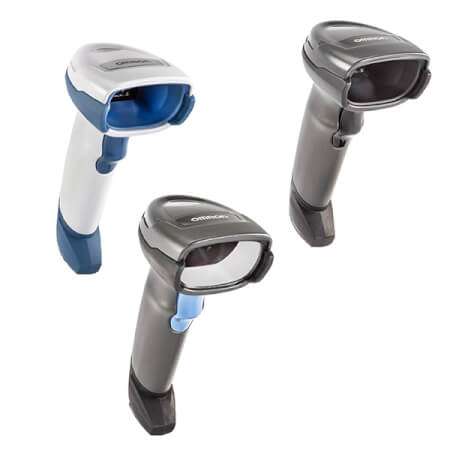
Barcode Scanners
Barcode scanners are essential tools used across various industries to quickly and accurately capture information from barcodes. By reading the patterns of black and white lines or data matrices on product labels, these devices convert the information into a digital format that can be processed by computers, inventory systems, or point-of-sale (POS) terminals. Barcode scanners play a crucial role in automating data entry, improving efficiency, and reducing human errors in applications ranging from retail to logistics and manufacturing.
There are different types of barcode scanners, each suited to specific environments and needs. Laser scanners, for instance, are commonly used in retail settings due to their ability to read barcodes at a distance and from various angles. CCD (charge-coupled device) scanners use light sensors to capture barcode data and are often employed in close-range scanning applications. More advanced models, such as 2D image scanners, can read both traditional linear barcodes and more complex 2D codes like QR codes, making them versatile for industries requiring enhanced data storage and tracking capabilities.
In logistics and warehousing, barcode scanners streamline inventory management by allowing workers to quickly scan items for tracking, sorting, and shipping. In healthcare, barcode scanners improve patient safety by ensuring the accurate labeling and tracking of medications, medical supplies, and patient records.
As technology continues to evolve, barcode scanners have become increasingly wireless, portable, and integrated with mobile devices, enhancing their utility in dynamic and fast-paced environments. Their ability to improve accuracy, speed up processes, and enable real-time data collection makes barcode scanners a vital component in modern business operations.
